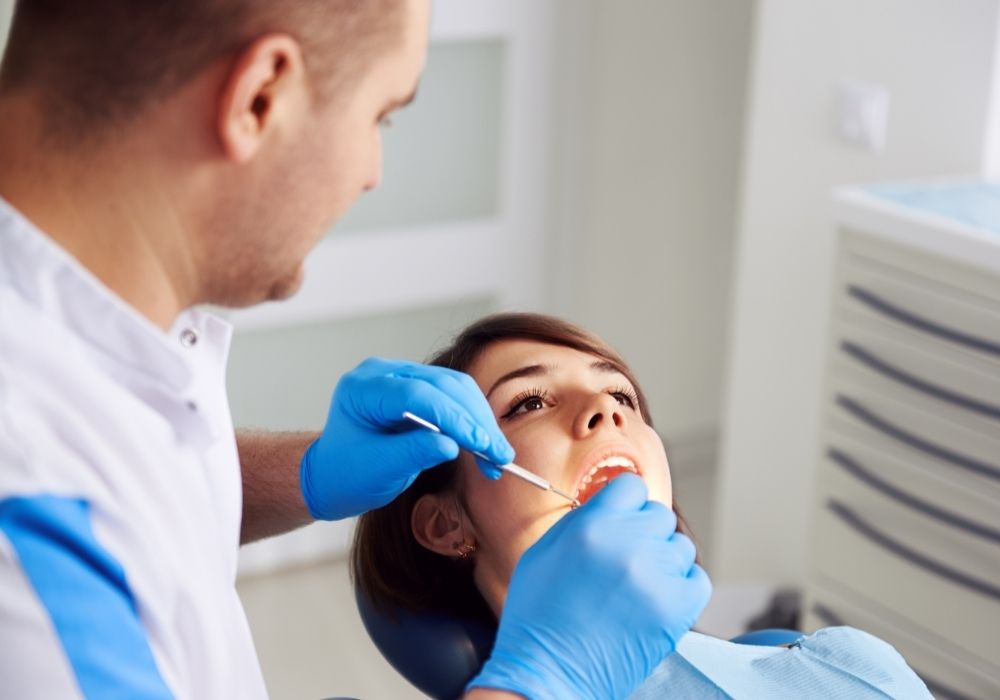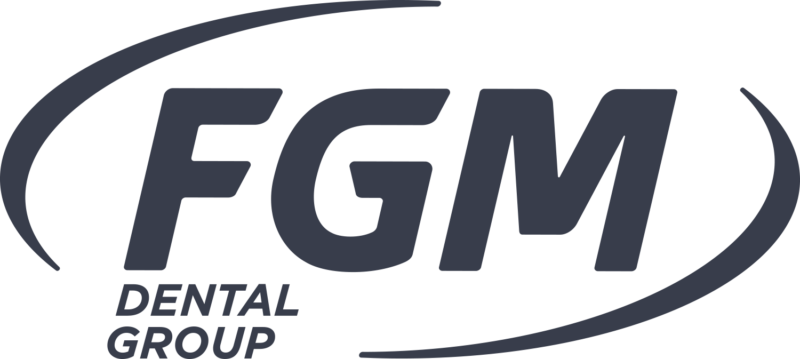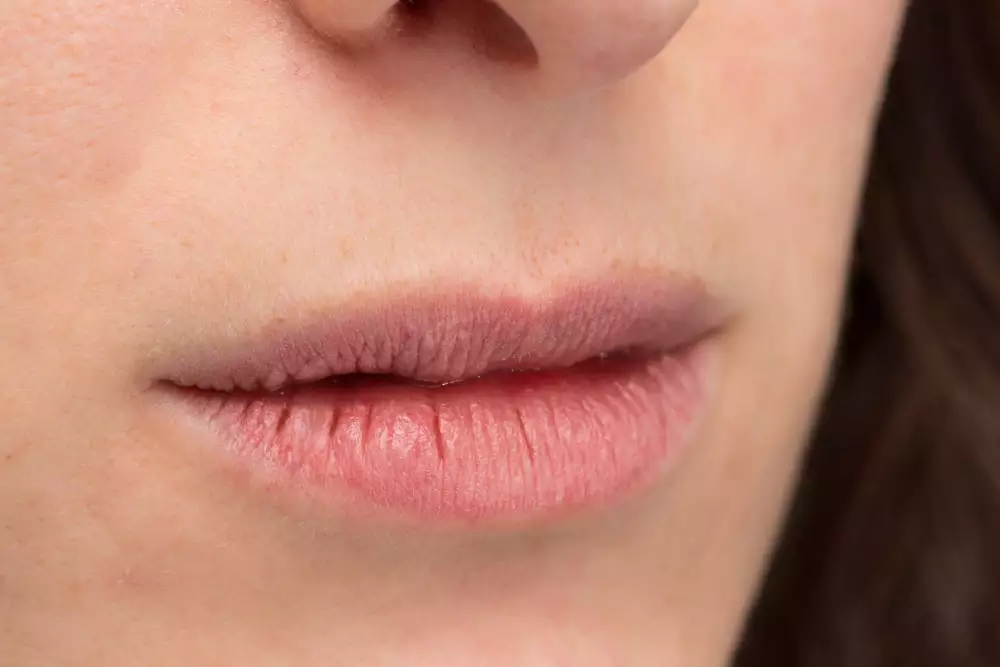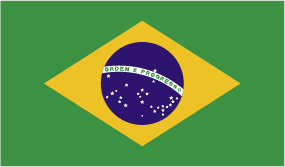Over half of Americans suffer from dry mouth (xerostomia) due to the use of certain medications, autoimmune diseases, cancer treatment therapies, and natural aging. Dry mouth occurs due to a lack of normal salivary flow. Dry mouth can affect people of any age and should be monitored to avoid causing more serious effects in the oral cavity.

What is the cause of dry mouth?
Dry mouth can occur as a result of using prescription medications such as antihistamines, anticonvulsants, antidepressants, cardiovascular drugs, antiemetics, antipsychotics, sedatives, and decongestants, among others. Prolonged use of over-the-counter medications can also cause dry mouth. People who undergo surgery, radiation therapy, and chemotherapy may experience dry mouth. Radiation therapy, when applied to the head and neck region, has more significant effects related to dry mouth compared to surgery and chemotherapy. After radiation therapy to the head and neck region, the irradiated salivary glands produce little or no salivary secretion and dry mouth can become a major discomfort for patients with oral and pharyngeal cancer.
Other examples of people susceptible to xerostomia are those who suffer from autoimmune diseases such as Sjögren’s syndrome, characterized by dry eyes, dry mouth, and connective tissue diseases (rheumatoid arthritis, systemic lupus erythematosus, systemic sclerosis, polymyositis, or mixed connective tissue disease). People who have type 1 diabetes, multiple sclerosis, scleroderma, psoriasis, and inflammatory bowel disease, cystic fibrosis may also experience dry mouth.
Dry mouth can also result from nutritional deficiencies, such as a lack of vitamin A and riboflavin (vitamin B2).
Symptoms of dry mouth
There are several symptoms present when dry mouth occurs:
- Dryness in the mouth and throat;
- Thicker saliva;
- Increased oral and pharyngeal infections;
- Bacterial plaque growth;
- Bad breath;
- Mouth ulcers;
- Taste changes;
- Appearance or progression of tooth decay;
- Development of gum and/or periodontal disease;
- Difficulty speaking and swallowing;
Treatment of dry mouth
If your dry mouth is caused by prescription medications, your doctor may re-evaluate the type of medication you are taking and eliminate or adjust the dosage of those that cause the problem. Artificial saliva sprays can be used to help moisten the mouth and increase saliva flow. Your doctor may also prescribe pilocarpine, a medication that helps stimulate saliva production. You may also decide to simply drink more water to quench the thirst caused by dry mouth. Oral antiseptics in the form of mouthwashes are also indicated as antimicrobials to control plaque or aid in the treatment of oral infections.
Among the resources that can be used at home to combat dry mouth are brushing your teeth at least twice a day with a fluoride toothpaste, daily flossing, drinking water or sugar-free liquids with meals, and using sugar-free candy or gum to stimulate salivary flow. Try not to breathe through your mouth, as this increases the effect of dry mouth.
See your doctor and dentist if you are experiencing this problem and monitor the medications you take and what you eat or drink.
References:
1 Ettinger RL: Review: Xerostomia – A Symptom which acts like a disease. Age Ageing 25:409-412, 1996.
2 Porter SR, Scully C, Hegarty AM: An update of the etiology and management of xerostomia. Oral Surg Oral med Oral Pathol oral Radiol Endod 97:28-46, 2004.
Font: Terra























